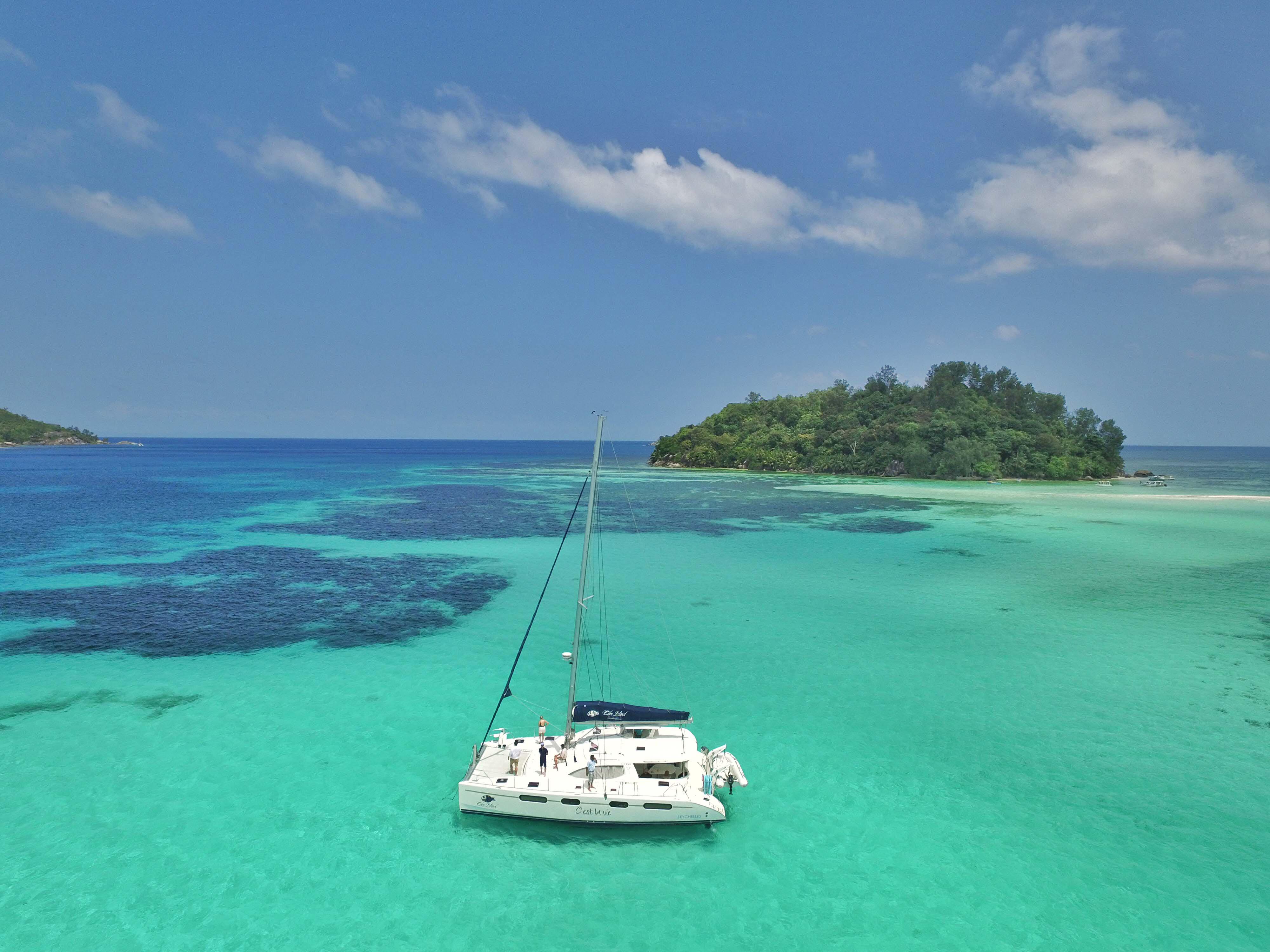
While South Africa gets hung out to dry in mephitic gusts seasoned with instability, corruption, and unfavourable tax laws, the Biltong Brigade are finding meatier prospects elsewhere
Tens of thousands of skilled South Africans have packed for Mauritius, Seychelles, overseas, and other more business-friendly African countries, breaking emigration records, and taking out billions of Rands in assets.
Data from emigration assistance groups report a 22% rise in South Africans looking to leave, as legal and political experts cite crime, land expropriation without compensation, the impending NHI, and plummeting job prospects, for the exodus.
Many fishing for deep-sea investment opportunities, turn to the Indian Ocean.
Island Life
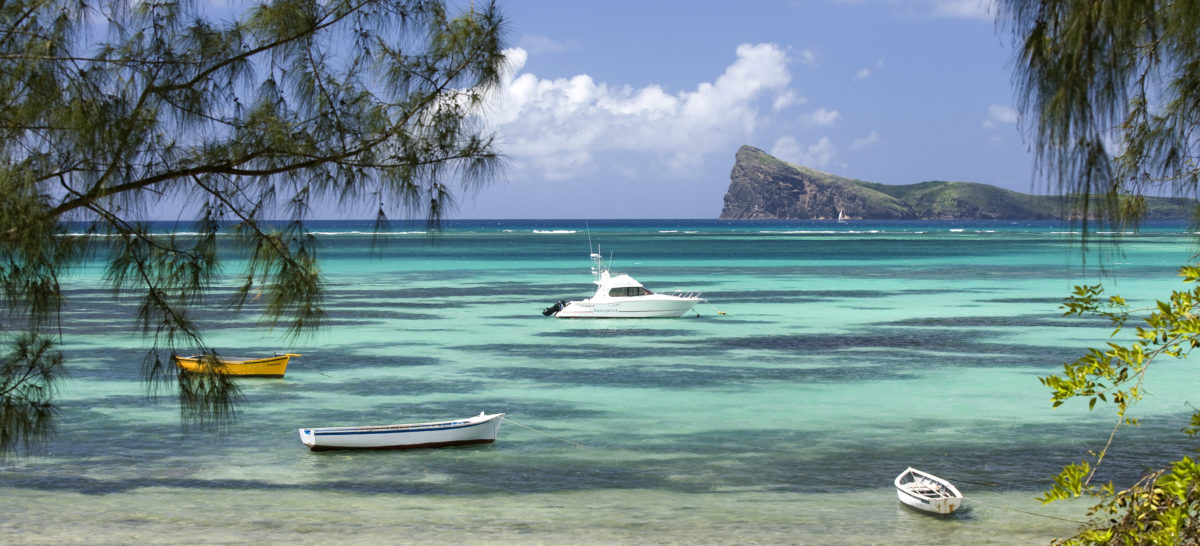
Mauritius: Most popular for expatriation thanks to laws aimed at encouraging economic growth and a World Economic Forum ranking as Africa’s most competitive market, Mauritius has overtaken Johannesburg and Cape Town as a global financial services centre. South Africans taking the four-hour Air Mauritius flight to embrace the bikini lifestyle make up more than 21% of the island’s foreign property buyers.
Doing business: Mauritius ticks the boxes of tax efficiency, limitation of liability, work permits, and one-day registration of companies. With the highest GDP per capita of $25 700 and graded 25th internationally in the World Bank’s Ease of Doing Business, expat opportunities abound in banking, accounting, marketing, IT, architecture and business consulting. Income tax starts from 10%, rising to a maximum of 30% and there’s no inheritance or Capital Gains tax.
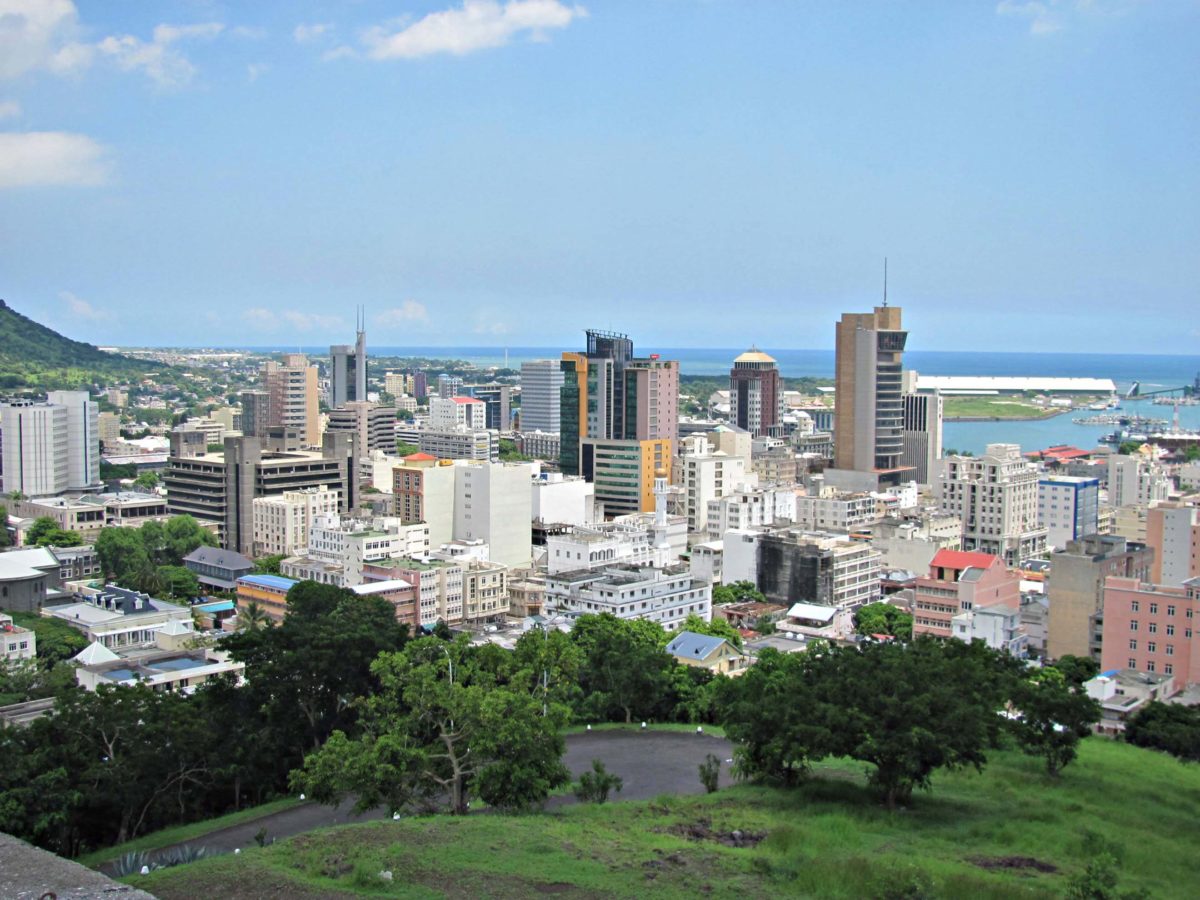
Living here: Finance guru and Director of Brenthurst Wealth Management, Magnus Heystek, who has long been a proponent of moving to Mauritius, tweeted that he’d never before seen so many Saffers on the island. Residency is granted to anyone buying a property for $500 000 and Heystek points out that you also get residency if you just lease a property in one of the new retirement villages being built. You are classified as a resident if you spend 183 days here in any tax year. Several South African food and clothing chains operate here.
Snakes in Shangri-La: With just 3% of natural forest left, the island’s bio-diversity is threatened. Reports of endemic creature culling – the Mauritian flying fox, being one example ‒ the export of monkeys for experimentation, and cruel methods of killing stray cats and dogs, have garnered social media outrage. The liberal use of toxic pesticides are other SA expat complaints, along with inland pollution, poor roads in places, and litter ‒ “rubbish is often just thrown on the streets”.

Seychelles: With its balmy, cyclone-free climate, boulder-strewn beaches, safe streets and stable government, the Seychelles sure live up to the glossy brochures. Fishing and tourism are key and the government protects the beauty of the islands with green initiatives and extensive marine conservation. There is no litter and no unemployment.
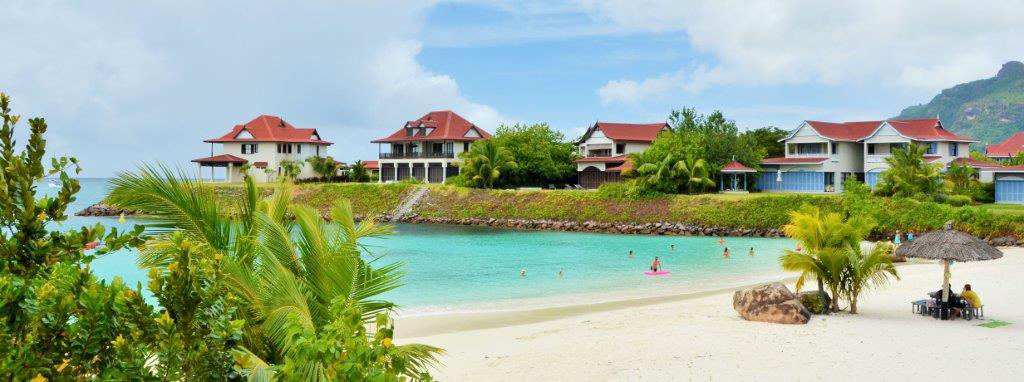
Doing business here: Seychelles welcomes foreign investment, in particular, “projects that encourage the development of its natural resources and infrastructure improvements in an environmentally sustainable manner”. The Business Tax rate is 25% on the first SR1,000 of taxable income and 33% on the remainder.
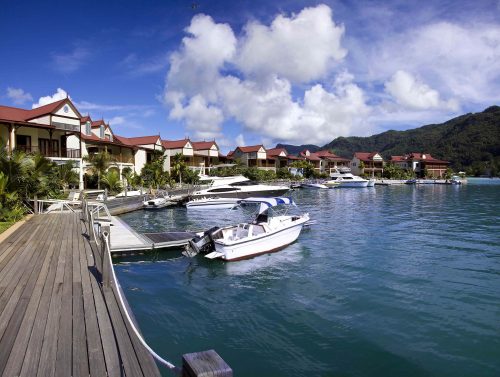
Living here: Property owners can apply for a Seychelles Resident Permit for around $10,000. Most South Africans opt for a property on Eden Island, a 56-hectare marina-style estate along the east coast of Mahé. More than 550 mixed dwellings ‒ apartments, duplexes, and villas on freehold title land ‒overlook the water. “About 40% of our homeowners are South Africans attracted by proven capital growth and attractive rental yields,” says Brian Gradner, Pam Golding International’s project sales and marketing manager. Prices start at $455 000 and there are 15 homes on the market, with 15 more to be released. Comments one Eden Island resident: “Apart from the natural beauty and sense of calm, I love the racial cohesion. The government offers social benefits to all its citizens. Most shops close at 1pm on Saturdays, just like old South Africa.”
Snakes in Shangri-La: Land is scarce ‒ 455 km2 spread over 115 islands ‒ so prices are high, and building controls stringent. Nothing can be built higher than a palm tree. The government prefers foreigners to buy property in villa developments aimed at the international market. Buying a home from a local involves red tape.
How other African countries compare:
Rwanda:
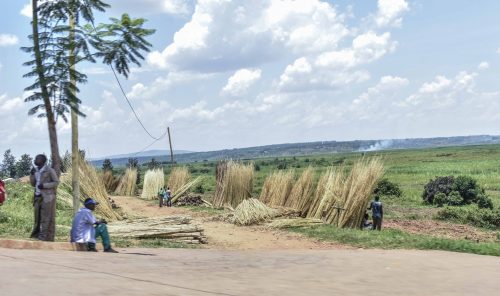
From genocidal hellhole to hot tourist destination, clean, green Rwanda is all about plastic-free living, and spectacular biodiversity that includes chimps and gorillas in montane rainforests.
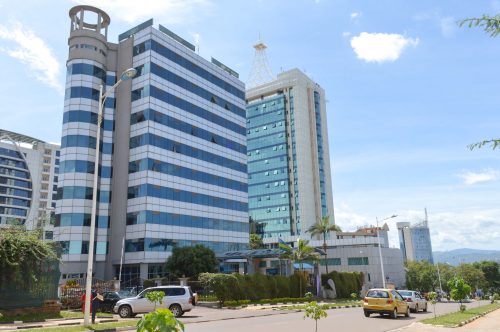
Non-nationals can:
- register a business in less than 24 hours online
- own (or lease) land
- retain 100% of their profits as sole proprietors of their company
- take their money out of the country in US Dollars at any time.
- get a visa on arrival at the Kigali airport within minutes for US$30, and a residence permit within three days.
Ethiopia:
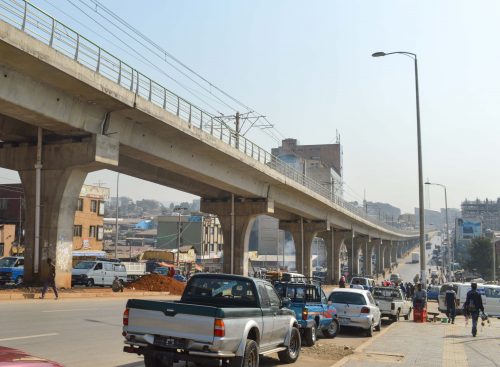
Having privatised state-owned entities, Ethiopia woos foreigners with investment projects such as the China-funded 750km light rail system linking Addis Ababa to the port of Djibouti, a first for sub-Saharan Africa. Last year’s opening of the border to Eritrea further boosted tourism, with Eritrean capital Asmara now a three-hour drive from Aksum —Ethiopian home of the Ark of the Covenant.
North Africa:

Egypt’s weaker currency and new operational laws have encouraged million-dollar investments from multinationals, international construction companies, and tourism enterprises. Morocco and Tunisia experienced a respective 450% and 250% increase in arrivals last year after relaxing visa restrictions for Chinese nationals.
East, West, and Central Africa:
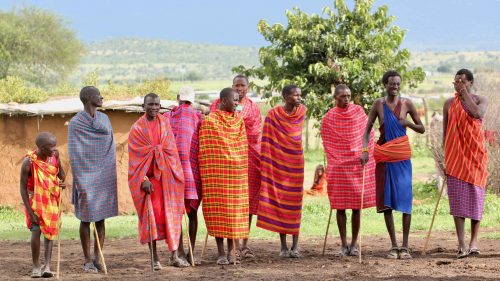
Despite magnificent wildlife nature offerings; corruption, travel insecurity, poor road networks, ponderous bureaucracy, and strict immigration rules in Kenya, Tanzania, DRC, Ghana, and Nigeria, make it difficult to get a foothold into these countries.
Southern Africa
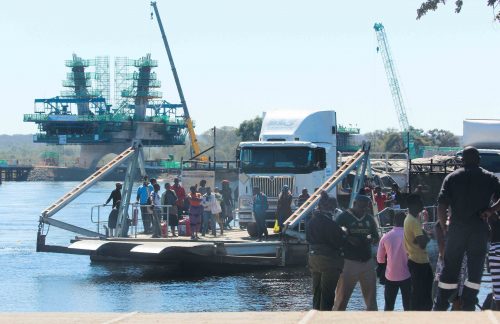
The ongoing African Development Bank’s $260 million Kazungula Bridge, traversing the Zambezi and Chobe Rivers where Botswana, Namibia, Zambia and Zimbabwe converge, will spur integration, boost regional economies through job creation and increase traffic on key trade routes. The two most popular countries are:
Botswana:
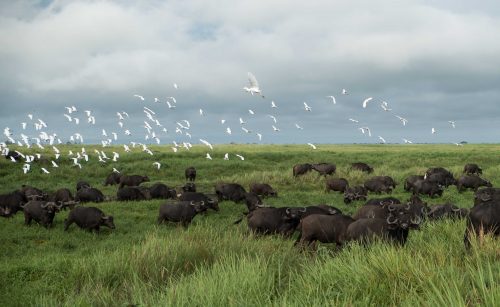
Foreigners can buy any freehold land or property in Gaborone and areas outside Tribal Territories. Aside from sound fiscal policy, economic freedom, improved core infrastructure and zero tolerance for corruption, plus one of the world’s fastest growth rates in per capita income, the country offers investors:
- preferential access to the Southern African Development Community (SADC) comprising more than 292 million people
- duty-free access to South Africa, Namibia, Lesotho, Swaziland
- quota-free access to the European Union market.
- Low taxes – between 15% to 25%
- Remittance and full repatriation of profits and dividends
- An absence of labour tensions
- No foreign exchange controls or restrictions on business ownership;
Namibia:

With a corporate tax rate of 32% and no restrictions on expats buying property, Namibia offers
- Stability and good governance.
- First world road, rail and air infrastructure.
- Excellent telecommunications network.


